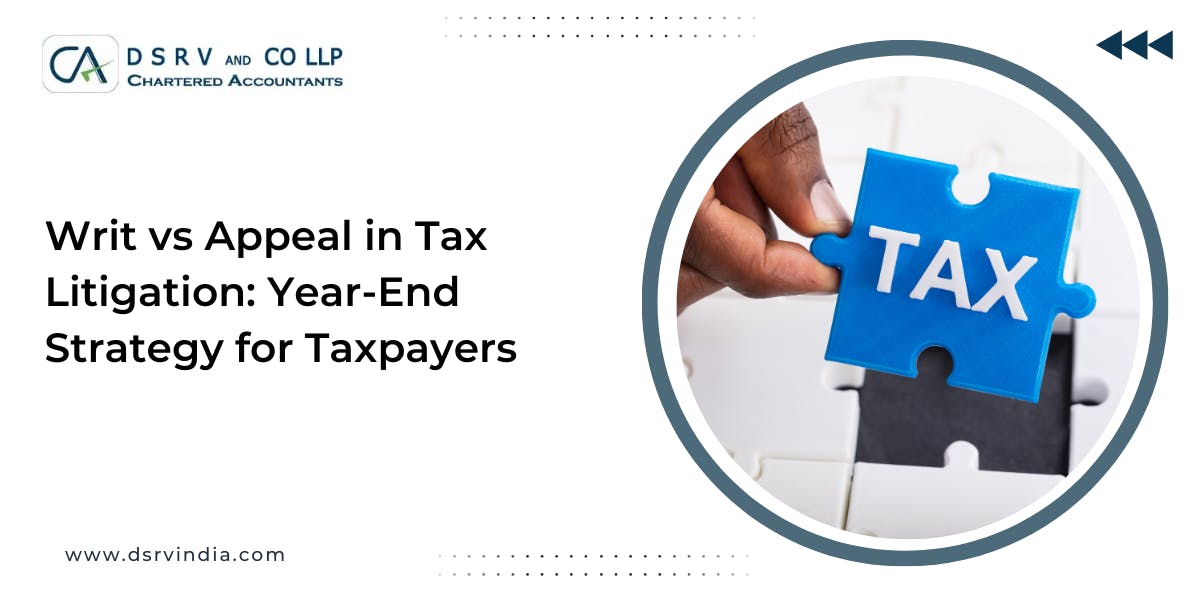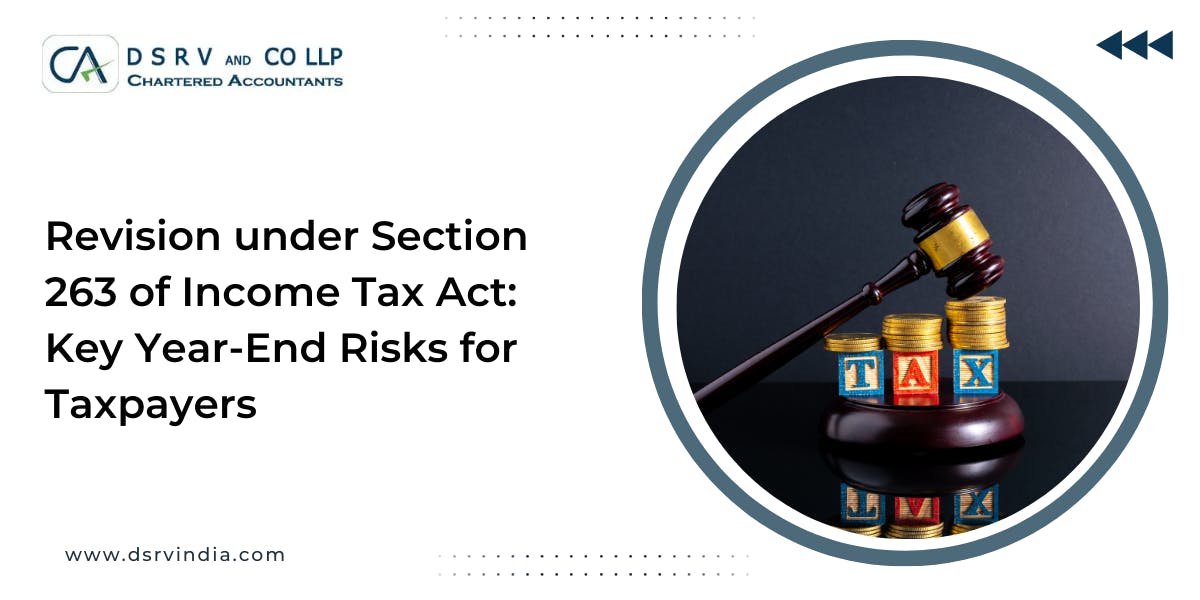With India's global prominence and thriving start-up culture, launching a firm in India seems exciting. The 1991 LPG Reforms paved the way, turning India into a startup haven. While the digital age makes starting a business appear simple, there is one important factor to consider which is legal obligations. With the start of a new year the legal landscape is going to change soon, and understanding these regulatory requirements is essential to avoiding errors. So, don’t get lost in the excitement of expanding your customer base and defining your company's sole purpose. You need to think from the legal perspective too.
If you’re considering opening a startup in the capital, We, DSRV India, can help you perform company registration in Delhi with ease. Our experts can help you handle the process effectively. However, let’s first try to understand the legal requirements to start a business in India.
Business Structure Options Available For Startups
A. Sole Proprietorship:
A sole proprietorship is owned and managed by a single person. Although it is a simple and low-cost structure, the proprietor is individually accountable for business debts. If you want to register your business today, consult one of the best CA firms in Gurgaon to make your business registration journey smooth and easier.
B. Partnership:
A partnership is formed when two or more people share ownership and obligations. Partnerships can be general or limited, each with its own implications for shared responsibilities and liabilities.
C. Limited Liability Company (LLC):
An LLC combines the ease of a single proprietorship with the protection of limited liability for its owners. Members are protected from personal liability, and it offers flexibility in management and taxation.
D. Private Limited Company:
A private limited company is a separate legal entity that provides its shareholders with limited responsibility. It provides greater structure and regulatory requirements than a sole proprietorship or partnership, ensuring shareholder protection.
E. Public Limited Company:
Public limited companies are listed on the stock exchange, allowing them to raise capital by selling shares publicly. They are suited for large-scale firms because they have strong regulatory requirements and offer shares to the general public.
Must Read: The Ultimate Survival Guide To Income Tax Assessment – Are You Prepared?
Know The Legal Requirements To Start A Business In India
Company Name Availability Verification:
Before beginning the registration procedure, complete an online verification to ensure that your selected company name is unique and available.
Certificate of Incorporation:
Obtain the critical Business Incorporation Certificate by registering your firm with the Ministry of Corporate Affairs, which is a required step before you can start doing business.
Shops And Establishment License/Trade License:
Secure a license for commercial setup, confirm employment details, and demonstrate compliance with governing authorities.
PAN And TAN:
Regardless of your business structure, obtain PAN and TAN, crucial alphanumeric numbers granted by the income tax department, for smooth business operations and taxation.
GSTIN Registration:
Apply for and obtain the Goods and Services Tax Identification Number (GSTIN) to comply with the comprehensive GST regime which is a requirement for various businesses in India.
Registration for Employees State Insurance (ESI):
Comply with the necessary contribution to employees' insurance premiums by registering for ESI, assuring protection against potential disasters, and managing healthcare.
Employees Provident Fund (EPF) Registration:
Enroll in the Employees Provident Fund (EPF) plan if your company employs 20 or more people, as it provides financial stability to those with a monthly income of less than Rs. 15,000.
Registration of Contract Labour:
If your company employs more than 10 contract workers, you must obtain a contract labor license from the state's Labour Department, which is a requirement for both employers and contractors.
Professional Tax Registration:
Register for professional tax with the local administrative body to comply with levies on employee salaries, acquiring a necessary certificate for tax remittance.
Digital Signature Certificate:
Ensure document security during the official registration process by acquiring a Digital Signature Certificate (DSC), which is required for electronic document submission in the Indian business landscape.
Documents Required To Begin A Startup In India
Aadhar card, passport, or voter ID for identity verification of business owner.
Utility bills, rental agreements, or property documents for address proof.
PAN Card
Business Registration Certificate
Memorandum of Association (MOA) and Articles of Association (AOA)
Bank Statement:
Goods and Services Tax Identification Number (GSTIN)
Employee State Insurance (ESI) and Provident Fund (EPF) Registration
Trade License
Digital Signature Certificate
NOCs (No Objection Certificates) from property owner
Passport-sized photograph
Contact Us Today To Register Your Business In India
Here is all about the legal requirements to start a business in India that you must follow to enjoy growth and success. Reach out to us today, and let's make the whole registration thing a breeze. Our team of friendly Chartered Accountants is here to answer all your questions and guide you through every step. Don't let paperwork stress you out; take action today and let's make your business idea a reality.






